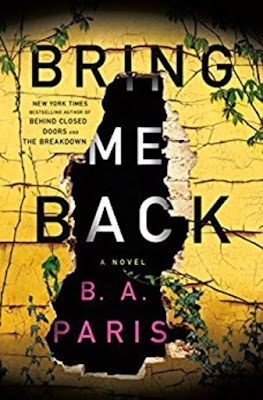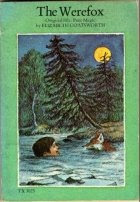In Cold Blood by Truman Capote
In Cold Blood  by Truman Capote
by Truman Capote
My rating: 5 of 5 stars
Paperback, 343 pages
Published February 1st 1994 by Vintage Books
first published 1965
Source: Bookmooched
It has taken me a long time to get around to reading this classic. Generally known to be the first true crime book, I was afraid it would be somewhat dated for a reader like me who reads a lot of true crime and non-fiction "novels". I couldn't have been more wrong! It's an excellent piece of work, brilliantly written, raw and very brutal. The book completely reads like fiction, being told from various characters points of view. Yet it never lets you forget that it is nonfiction as the author provides you with quotes from a multitude of sources both oral and written. Capote never refers to himself until the very last pages when he mentions the killers spoke to a journalist which one assumes means himself. I thought I knew this story of the Clutter murders as I'd seen the movie, with Robert Blake, and read brief accounts of it often enough so was surprised at how much I really didn't know about it at all. I haven't read Capote before and he is truly a master writer; you are able to feel the humanity in each and every character in this saga from victim to perpetrator to participant. The only thing I found a bit unsettling was that Perry Smith seemed to be the focus of the book as a whole. He's certainly the most interesting one from a psychological perspective but the author appears to have made actual friends with Perry and wants to tell his story. Capote also at a few points throughout the book and then, in one specific instance, makes a particular case for criminals being allowed to be declared "not guilty by reason of insanity" even if they know what they did was wrong. He believed Perry fell into this category. It's a fascinating literary piece of history. I read it very quickly and am so glad I have finally read it. I don't think it is an unbiased piece of work by any means, but it is a unique first-hand account. Reading a more modern account of the case in retrospect may be something I'd like to try at some point now.
My rating: 5 of 5 stars
Paperback, 343 pages
Published February 1st 1994 by Vintage Books
first published 1965
Source: Bookmooched
It has taken me a long time to get around to reading this classic. Generally known to be the first true crime book, I was afraid it would be somewhat dated for a reader like me who reads a lot of true crime and non-fiction "novels". I couldn't have been more wrong! It's an excellent piece of work, brilliantly written, raw and very brutal. The book completely reads like fiction, being told from various characters points of view. Yet it never lets you forget that it is nonfiction as the author provides you with quotes from a multitude of sources both oral and written. Capote never refers to himself until the very last pages when he mentions the killers spoke to a journalist which one assumes means himself. I thought I knew this story of the Clutter murders as I'd seen the movie, with Robert Blake, and read brief accounts of it often enough so was surprised at how much I really didn't know about it at all. I haven't read Capote before and he is truly a master writer; you are able to feel the humanity in each and every character in this saga from victim to perpetrator to participant. The only thing I found a bit unsettling was that Perry Smith seemed to be the focus of the book as a whole. He's certainly the most interesting one from a psychological perspective but the author appears to have made actual friends with Perry and wants to tell his story. Capote also at a few points throughout the book and then, in one specific instance, makes a particular case for criminals being allowed to be declared "not guilty by reason of insanity" even if they know what they did was wrong. He believed Perry fell into this category. It's a fascinating literary piece of history. I read it very quickly and am so glad I have finally read it. I don't think it is an unbiased piece of work by any means, but it is a unique first-hand account. Reading a more modern account of the case in retrospect may be something I'd like to try at some point now.



Comments
Post a Comment